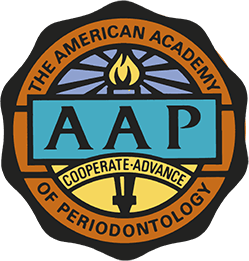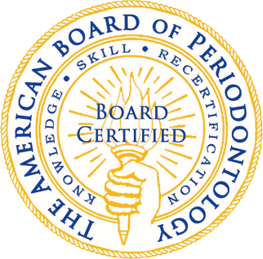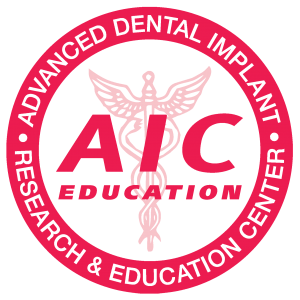With innovations in oral health, older adults are much more likely to keep their natural teeth than in the past. Despite these developments, periodontal disease continues to see its greatest prevalence among people over the age of 65.
Periodontal disease is a chronic inflammatory disease that may put you at higher risk for other diseases, including but not limited to cardiovascular disease, diabetes, and Alzheimer’s disease.
During your dental visits, be sure to let your dental professional know if you have any medical conditions and whether you have a family history of periodontal disease. Be sure to inform him or her of any medications you are taking as well. Certain medications (including antidepressants, antihistamines, and high blood pressure drugs) can lead to the development or advancement of periodontal disease.
Likewise, if you have been diagnosed with periodontal disease, it’s a good idea to share this information with your physician to ensure that you are receiving well-rounded care for both your physical and oral conditions.
Even if you’ve succeeded in avoiding the development of periodontal disease as you age, it is important to continue to maintain your oral care routine. Be sure to brush twice a day and floss at least once a day. If you have dexterity problems or a physical disability that makes it difficult for you to brush or floss, your dentist or periodontist can recommend tools and techniques to help keep your teeth and gums clean.
You should also receive an annual comprehensive periodontal evaluation, which will assess your periodontal health and check for any changes in the teeth, gums, and supporting bone.
Maintaining your oral health should be a priority at any age. As you get older, be sure to continue to take care of your teeth and gums to ensure that they’ll stay healthy and strong for life.
Contact us today at (818) 705-3232 to learn more or schedule an appointment.











